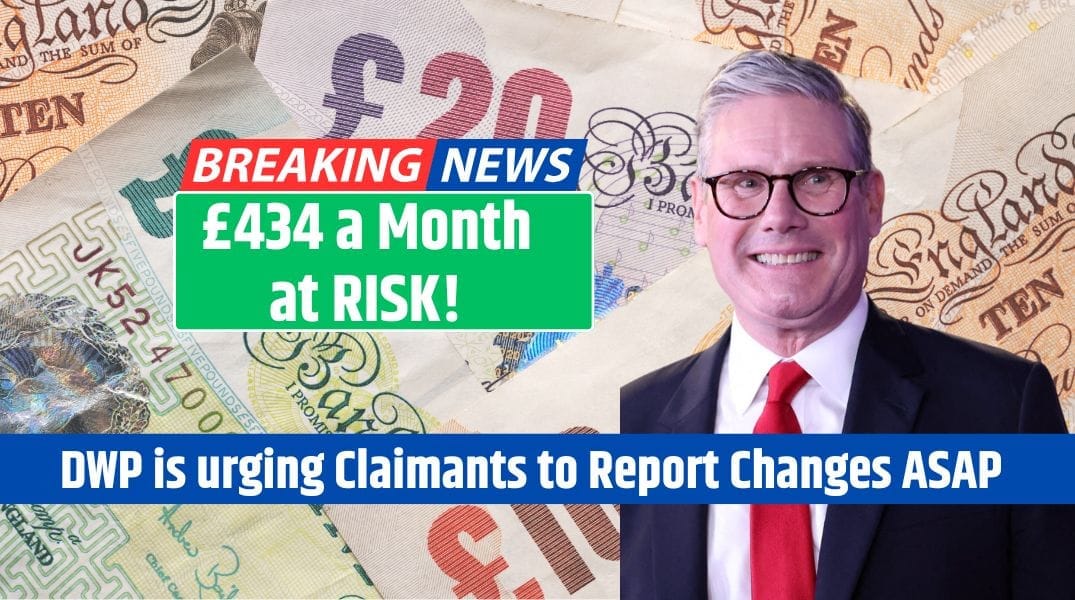The Farm, Food, and National Security Act, or Farm Bill, is a vital piece of legislation that determines funding for agricultural programs, environmental policies, and food assistance programs, including the Supplemental Nutrition Assistance Program (SNAP). Traditionally reauthorized every five years, the current Farm Bill, passed in 2018, was scheduled for renewal in 2023. Although it was extended to September 30, 2024, lawmakers missed this deadline, leaving SNAP benefits in potential jeopardy as the new year approaches.
Farm Bill Reauthorization
SNAP is a critical program that provides food assistance to low- and no-income households across the U.S. With Congress currently unable to reach a bipartisan consensus on the new Farm Bill, concerns are mounting regarding the future of SNAP funding. Colleen Heflin, a professor at Syracuse University, explained to Newsweek that January benefits would still be distributed due to prior month obligations. However, she noted that the U.S. Department of Agriculture (USDA) may need to rely on contingency funds if the standoff continues, though it’s unclear how long these funds might last.
Possible Outcomes
If Congress does not finalize the new Farm Bill by January 1, 2025, a spokesperson for the House Committee on Agriculture indicated that the 2018 Farm Bill would likely be extended again. While this extension would preserve SNAP’s funding temporarily, unresolved differences between the parties could complicate matters further.
Javier Palomarez, CEO of the United States Hispanic Business Council, voiced concerns that without swift action, families already grappling with high food and living costs could face additional hardship. “We need our nation’s lawmakers to protect farmers, ranchers, small businesses, and millions of Americans relying on food aid programs,” he said, emphasizing the critical nature of bipartisan cooperation on the issue.
Competing Visions for SNAP
Although both parties recognize the importance of SNAP, they propose different approaches for the program’s future:
What Do Democrats Want?
Democrats support a continued five-year revaluation process for SNAP, using the Thrifty Food Plan (TFP) as a benchmark. The TFP calculates the grocery costs required to maintain a healthy diet, allowing annual adjustments to SNAP based on food inflation. Since 2021, these adjustments have increased the maximum SNAP benefit, helping low-income households keep pace with rising costs.
What Do Republicans Want?
The GOP, however, aims to freeze the TFP and maintain SNAP payments at current levels. Representative Glenn Thompson, Chairman of the House Agriculture Committee, stated that the GOP’s 2024 Farm Bill proposal intends to reassert a cost-neutral framework, focusing on dietary guidance, food costs, and consumption patterns. Republicans argue that a freeze would stabilize SNAP’s budget and ensure that funding remains manageable.
Political Hurdles
Typically, Congress reaches a bipartisan agreement to pass the Farm Bill before its expiration. However, in 2023, entrenched differences between the parties prevented a new bill from being established. This legislative deadlock continues as both the House and Senate are held by slim opposing majorities. Both parties agree on the importance of the Farm Bill but remain divided on SNAP’s future direction.
Deadlock Persists
While the USDA has contingency funds to cover January 2025 SNAP payments, uncertainty surrounds how long these funds could sustain the program without a new Farm Bill. If the deadlock extends well into 2025, SNAP recipients could face interruptions or reductions in benefits, especially if funding reserves are depleted. Congress could address this by passing another extension of the 2018 Farm Bill, but this temporary solution would fail to provide stability for SNAP and other agricultural programs.
The Farm Bill reauthorization has significant implications for millions of Americans who depend on SNAP to meet basic food needs. With political differences stalling the new legislation, a potential lapse in funding could threaten the program in the months ahead. Lawmakers’ ability to bridge the divide on SNAP policies will determine whether low-income families, farmers, and small businesses face greater financial instability in 2025. For now, contingency plans are in place, but long-term resolution requires bipartisan cooperation to protect SNAP’s essential role in food security.
FAQs
What happens to SNAP if the Farm Bill isn’t renewed?
If the Farm Bill isn’t renewed by January 1, 2025, Congress may pass an extension of the 2018 Farm Bill to maintain SNAP funding temporarily.
Will SNAP benefits be paid in January?
Yes, January SNAP benefits should be issued, as they are funded through obligations from December. Contingency funds may be used if needed.
What is the Thrifty Food Plan (TFP)?
The TFP is a federal benchmark estimating the cost of groceries for a healthy diet, guiding SNAP benefit adjustments.
How do Republicans and Democrats differ on SNAP?
Democrats want TFP-based adjustments to continue, while Republicans propose freezing the TFP to control SNAP costs.
Could SNAP benefits be reduced in 2025?
If funding reserves run low without a new Farm Bill, benefits may face interruptions or reductions, especially if a long-term solution isn’t reached.











